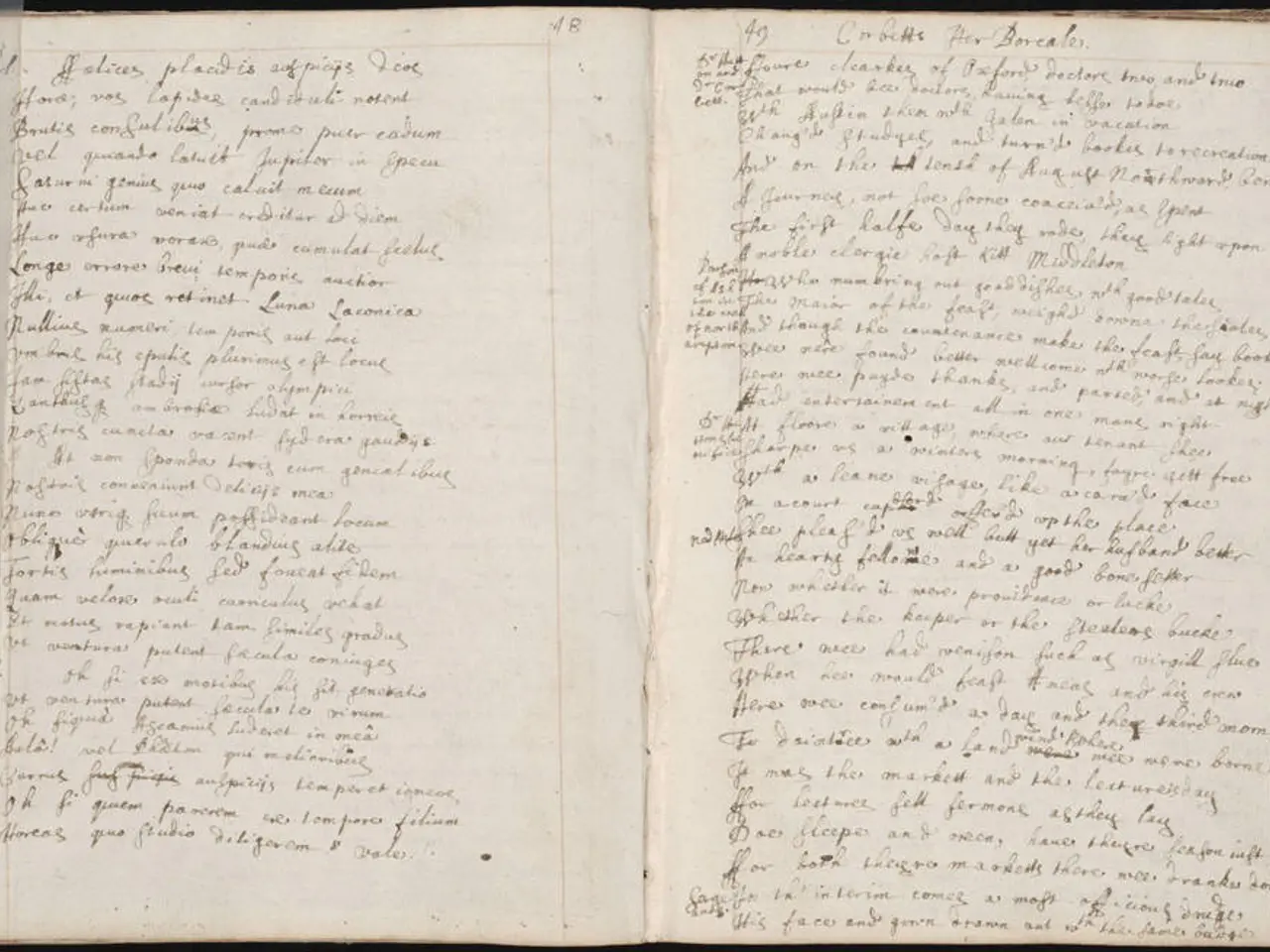Baby Shark Copyright Dispute: Supreme Court Upholds Decision Against Plagiarism Claim
Higher Court in South Korea rule in favor of Pinkfong in copyright dispute over 'Baby Shark'
In a landmark ruling, the South Korean Supreme Court has reaffirmed an earlier decision, dismissing plagiarism claims made by American children's songwriter, Jonathan Wright (aka Johnny Only), against South Korean company Pinkfong. The dispute centres around the viral song "Baby Shark," which has been a global sensation since its release.
Wright, who uploaded his version of the song to his YouTube channel in 2011, alleged that Pinkfong's 2015–2016 releases plagiarised his work. He claimed that Pinkfong's version bore striking similarities to his, including the catchy "doo doo doo doo doo doo" line and accompanying gestures. However, Pinkfong argued that their rendition was a recreation of a traditional North American children's song without valid copyrights.
Court Ruling
The South Korean court's ruling, supported by lower courts, found that Wright's version did not significantly alter the original folk song to be considered a protected creative work under copyright law. The court also concluded that there were no substantial similarities between Wright's and Pinkfong's versions, indicating that Pinkfong's version did not infringe on Wright's rights.
The Supreme Court's ruling in August 2025 further confirmed that Pinkfong did not plagiarize the song. This decision underscores the complexities of copyright law regarding traditional melodies and folk songs, similar to the case of "Happy Birthday to You" in 2015.
Background
Pinkfong's versions of "Baby Shark," both in Korean and English, have accumulated over 16 billion views on YouTube, making it the most-watched video of all time[1][2]. The characters in these products include Baby Shark, Mama Shark, Papa Shark, Grandma Shark, and Grandpa Shark. The internet fell in love with Pinkfong's version, and it spawned spinoff TV shows, movies, and smartphone apps, generating millions for the company[3].
Despite the court's ruling, Wright filed a lawsuit in Seoul in March 2019, seeking 30 million won ($21,600) in compensation[4]. The court's decision reaffirms that Wright's version cannot be considered a creative work of his, as there were already prior versions of Baby Shark in existence. Wright's legal case was based on the claim that Pinkfong's song was "substantially similar" to his, but the court found no such similarities in the two versions.
In conclusion, the South Korean Supreme Court's decision upholding the dismissal of plagiarism claims against Pinkfong marks a significant milestone in the copyright dispute over "Baby Shark." The decision highlights the complexities of copyright law regarding traditional melodies and folk songs and underscores the importance of originality and significant alterations in creative works to be protected under copyright law.
[1] https://www.nytimes.com/2016/07/26/arts/music/baby-shark-dance-pinkfong.html [2] https://www.bbc.com/news/world-asia-49379064 [3] https://www.cnbc.com/2019/08/20/baby-shark-dance-video-passes-7-billion-views-on-youtube.html [4] https://www.reuters.com/article/us-southkorea-court-babyshark-idUSKCN1VU240 [5] https://www.bbc.com/news/world-asia-54197094
In the aftermath of the Supreme Court's decision, worldwide discussions on social media revolved around the "Baby Shark" copyright dispute, highlighting the interest and engagement of the global community in entertainment and legal matters. Meanwhile, the ruling further emphasizes the challenges in copyright law, particularly with traditional melodies and folk songs, as evidenced by similar cases like "Happy Birthday to You."





